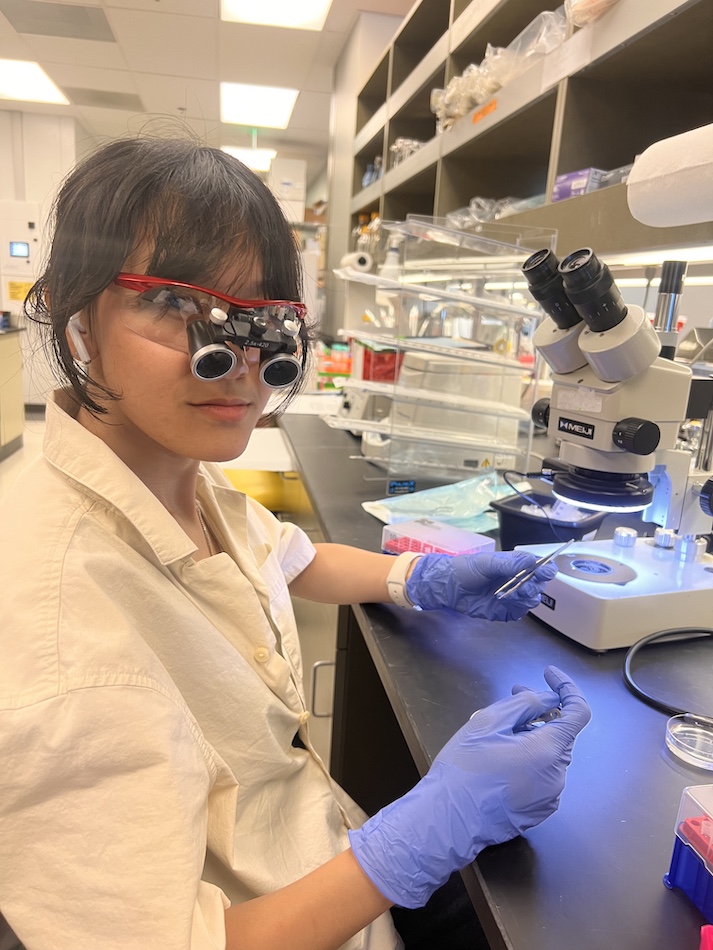La Jolla Institute for Immunology (LJI) Professors Catherine “Lynn” Hedrick, Ph.D., and Klaus Ley, M.D., have achieved the status of “World Expert” in monocyte research. This ranking is based on Expertscape‘s PubMed-based algorithms, which place Hedrick and Ley in the top 0.1% of scholars publishing information about key immune cells, called monocytes, in the past ten years.
Monocytes are a type of innate immune cell, meaning they are often first-responders against infections and other threats. Hedrick and Ley have worked for years, and often collaborated, to uncover the functions of monocytes in disease.
“This recognition is a true honor,” says Hedrick. “Monocytes are important cells that help regulate immune responses and keep us healthy. My group has been studying these cells for many years, and it is wonderful to be able to contribute knowledge about their functions in health and disease.”
Hedrick’s laboratory has discovered the presence of unique populations of monocytes in circulation of patients with diseases such as cancer, COVID-19 and heart disease.
“We have found that some specific monocyte types are really good fighters against viruses and metastasizing cancer cells, and we anticipate that they can be targeted to work even more effectively to fight disease,” says Hedrick. “Understanding how these monocytes function will help us design better therapies to treat cancer, fight heart disease, and eliminate long COVID.”
The Ley laboratory has investigated the mechanisms behind how monocytes patrol the bloodstream and how they adhere to blood vessel walls to form potentially dangerous atherosclerotic “plaques.” His lab is focused on better understanding how these plaques form and exactly how monocytes contribute to cardiovascular disease.
“Initially, monocytes are good, and they clean up extra lipids in the blood vessels,” says Ley. “But in some people, monocytes start to fail and can make the disease worse.”
His lab is pioneering the use of new techniques and technologies, including single-cell RNA sequencing (scRNA-Seq) to take a look at monocytes inside atherosclerotic lesions.
Ley says the “World Expert” distinction is a nice recognition that recognizes quality work from his lab over a long period of time.
Learn more about the LJI Center for Autoimmunity and Inflammation


